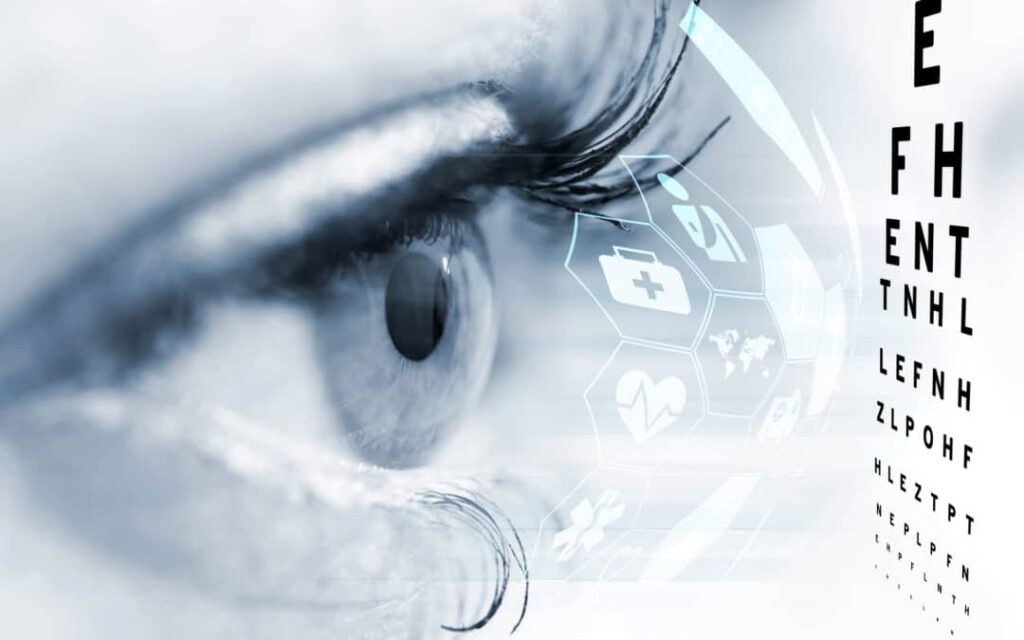Preventative Eye Care is Essential to Healthy Vision

Preventative Eye Care
The National Eye Institute and American Optometric Association dedicate the month of May to educating the American public about ways to keep their eyes and vision healthy. Most Americans will visit their doctor if they are sick or break a bone and a fair share see their doctor annually as a preventative measure, however many do not make their vision a priority.
Since most vision problems are preventable, making healthy choices and getting regular eye exams can reduce a person’s risk of vision loss. The National Eye Institute and American Optometric Association are reminding everyone to take charge of their eye health and make their eyes a priority.
Eye Disease
There are over 21 million Americans with some type of vision problem. Some signs of eye disease may overlap with something less serious such as allergies or pink eye. The best way to ensure it is not something serious is by having regular eye exams.
Signs of Eye Disease:
- Blurriness
- Discharge
- Flashes of light
- Irritation
- Light sensitivity
- Pain
- Tearing
- Vision loss
Ways to Keep Your Eyes and Vision Healthy:
- Get a comprehensive eye exam at age 40. Changes in vision and the early signs of eye disease may begin at this age. An ophthalmologist can perform an eye exam to rule out the early signs of eye disease. Contact the Academy’s EyeCare America for possible help with the cost.
- Get regular dilated eye exams. Dilation allows more light into the opening of your eye and can assist your doctor in diagnosing problems or eye disease in their early stages.
- Eat healthy foods, maintain a healthy weight and exercise. Eat a healthy low-fat diet, maintain a healthy weight and exercise. Citrus fruits, nuts, whole grains, and vegetable oils are particularly good choices for eye health.
- Do not smoke. Smoking is never a good idea. Besides raising the risk of cardiovascular disease which can indirectly affect eye health, it can increase the risk of developing cataracts and age-related macular degeneration. Additionally, smoking can worsen dry eye.
- Use protective eyewear for work and play. Wearing protective eyewear is important when playing sports or when in the workplace.
- Wear sunglasses. Sunglasses with 100% UV protection should be worn when you are outside. UV light exposure can increase the risk of cataracts and other eye diseases.
- Know your family’s medical history. Certain eye diseases can be inherited. If a relative has glaucoma, it can increase your risk up to nine times. Macular degeneration is highly heritable as well.
- Manage chronic conditions. Managing diabetes and cardiovascular disease is essential to maintaining optimal eye health.
Women and Eye Health
Both men and women should make getting a comprehensive annual eye exam a priority, but women make up 65% of all age-related macular degeneration cases, are 61% more likely to develop glaucoma and cataracts and make up 66% of all blind patients. Living longer combined with social and economic factors limiting women’s access to eye care may explain why there is gender inequality when it comes to eye health. Making your vision a priority can protect your sight as you age.
Vision Institute Jupiter
The physicians at Florida Vision Institute use state-of-the-art eye-mapping technology to analyze the problems with your eyesight as well as each eye’s unique irregularities. Call us at 561-839-2780 to schedule your appointment today or visit our website.

